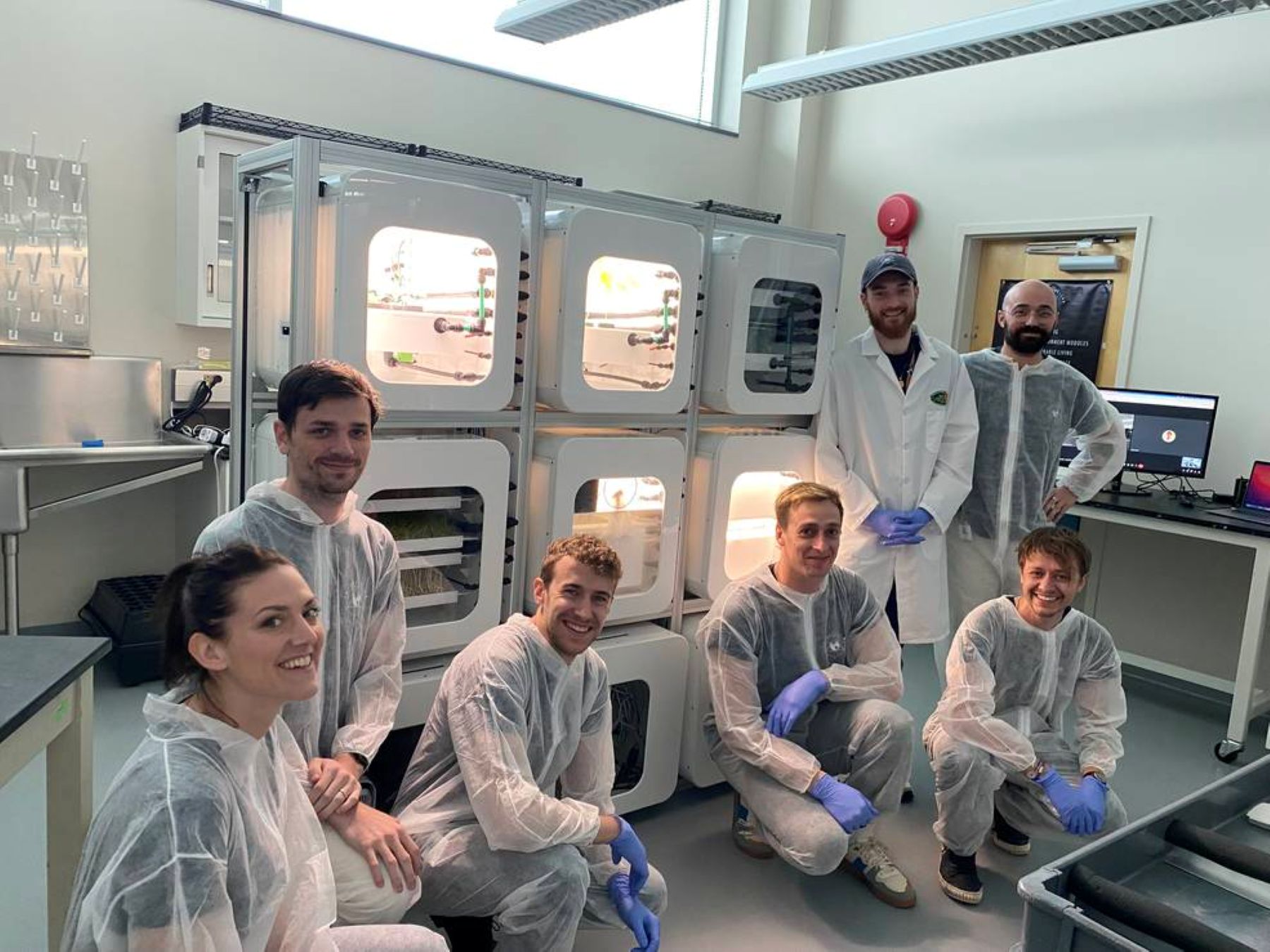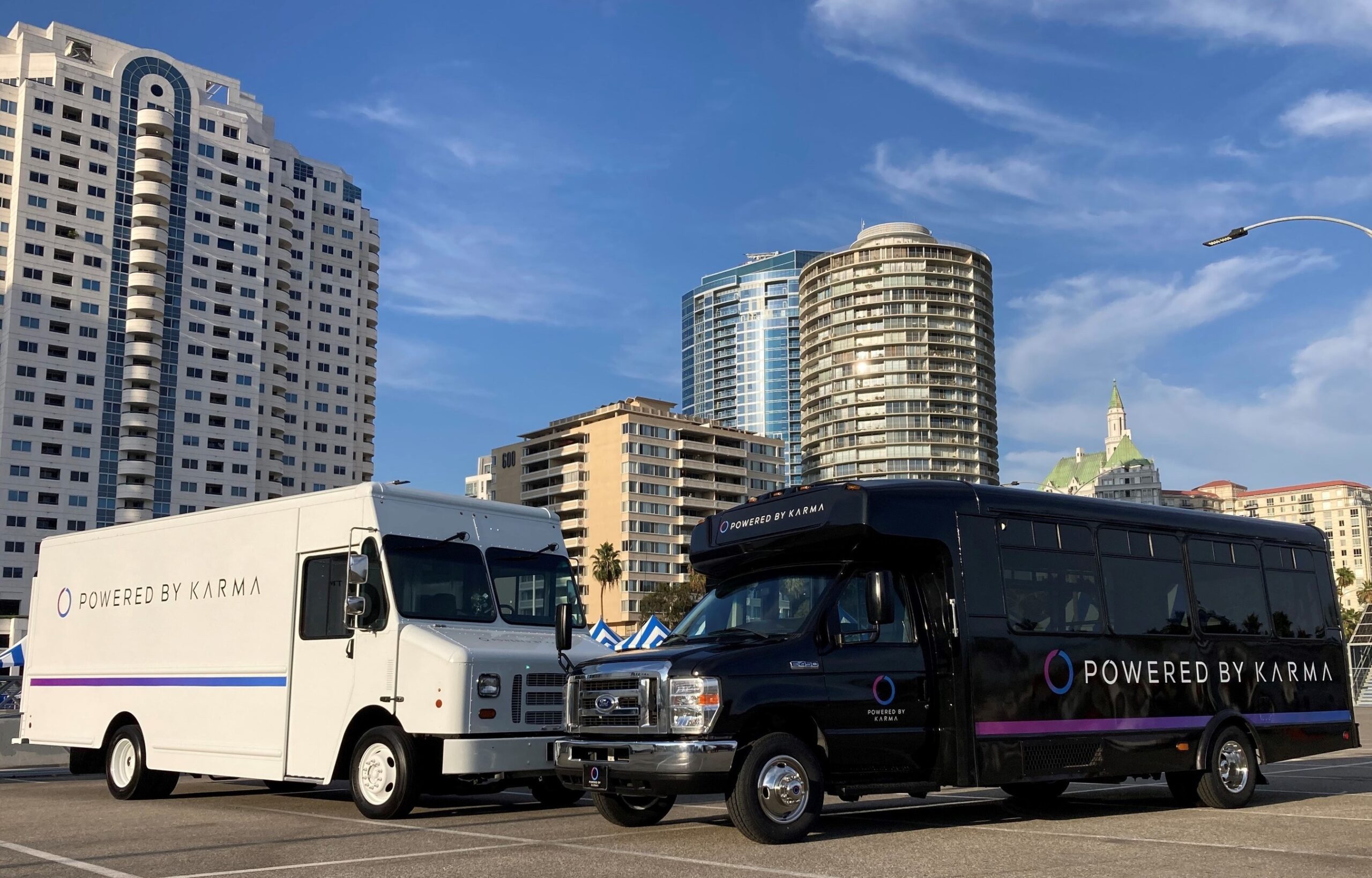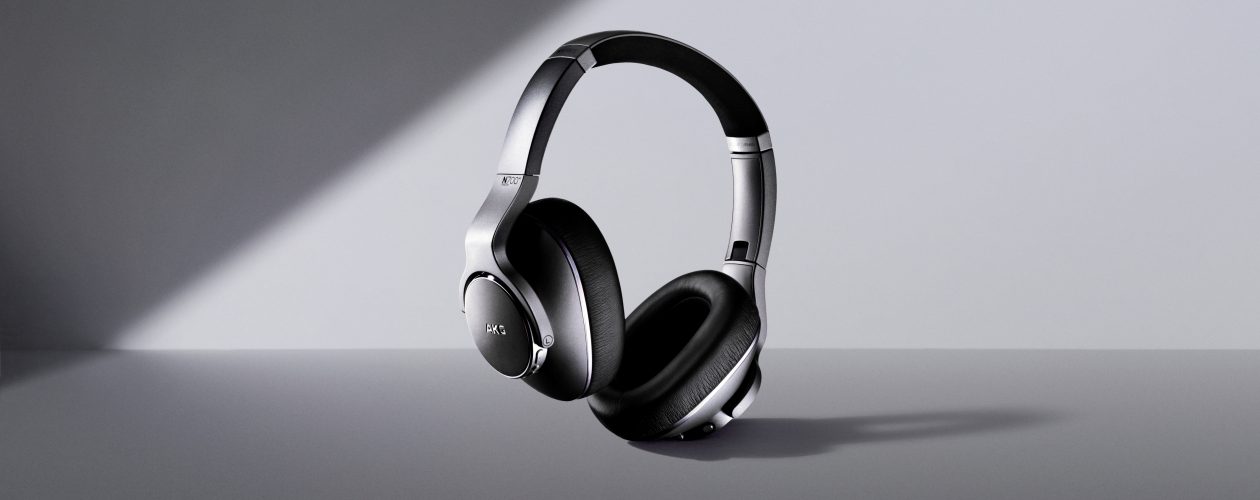NASA Selects Winners, Announces Final Phase of Space Food Challenge

NASA has announced eight winning teams and awarded $750,000 in prizes in the second phase of the agency’s Deep Space Food Challenge. The winning teams will move on to compete in the third and final phase of the challenge.
As NASA prepares to send astronauts farther into the solar system than ever before, the agency needs food systems that can fortify future crews in deep space for years at a time. The Deep Space Food Challenge calls on solvers from around the world to create technologies to help feed astronauts on future long-term space missions.

The microgreen food production system developed by Enigma of the Cosmos of Melbourne, Australia, is an adaptive growing system to support plants’ natural growth cycle and increase efficiency.
Credits: NASA/Methuselah Foundation
“These creative winning solutions come from teams made up of business, universities, and individual solvers, showcasing how NASA can benefit from everyone’s expertise to solve crucial challenges,” said Amy Kaminski, program executive for Prizes, Challenges, and Crowdsourcing in NASA’s Space Technology Mission Directorate (STMD) at NASA Headquarters in Washington. “We’re excited to announce Phase 3 of the challenge to see where these teams can take their technologies next.”
Phase 2 tasked dozens of teams with building and demonstrating small-scale prototypes of technologies that use minimal resources and create little waste while producing safe, healthy, and appetizing foods for astronauts. A panel of judges selected eight winners to build and demonstrate full-scale food technologies over the next year in Phase 3.
The following U.S. teams will each receive $150,000 in prizes from NASA and advance to compete for up to $1.5 million in total prizes from NASA in Phase 3:
- Air Company of Brooklyn, New York, developed a system and processes for turning air, water, electricity, and yeast into food.
- Interstellar Lab of Merritt Island, Florida, created a modular bioregenerative system for producing fresh microgreens, vegetables, mushrooms, and insects.
- Kernel Deltech USA of Cape Canaveral, Florida, developed a system for cultivating mushroom-based ingredients.
- Nolux of Riverside, California, created a solution that mimics the photosynthesis that happens in nature to produce plant- and mushroom-based ingredients.
- SATED (Safe Appliance, Tidy, Efficient, and Delicious) of Boulder, Colorado, developed a space cooking appliance that would allow astronauts to prepare a variety of meals from ingredients with long shelf lives.
NASA and CSA (Canadian Space Agency) also jointly selected three international teams as Phase 2 winners. These three teams are invited to advance their technologies in Phase 3:

Edible fungi prepared by Interstellar Lab’s NUCLEUS food production system.
Credits: NASA/Methuselah Foundation
- Enigma of the Cosmos of Melbourne, Australia, created an adaptive growing system to increase the efficiency of plants’ natural growth cycles.
- Mycorena of Gothenburg, Sweden, developed a system that uses a combination of microalgae and fungi to produce a microprotein.
- Solar Foods of Lappeenranta, Finland, created a system that uses gas fermentation to produce single-cell proteins.
“Astronauts will tell you that tasty and nutritious food is a critical part of any successful human space exploration mission,” said Denise Morris, program manager of NASA Centennial Challenges at NASA’s Marshall Space Flight Center in Huntsville, Alabama. “The possibilities presented in this challenge could help sustain our explorers on future missions, and even have the potential to help out right here on Earth in areas where food is scarce or hard to produce.”
The competition is a first-of-its-kind collaboration between NASA and CSA. On April 27, CSA awarded prizes to the teams advancing to the final stage of the Canadian challenge, which runs in parallel with NASA’s.
The Deep Space Food Challenge is one of NASA’s Centennial Challenges, which are part of the Prizes, Challenges, and Crowdsourcing program within STMD. NASA Marshall manages Centennial Challenges. Subject matter experts at NASA’s Johnson Space Center in Houston and NASA’s Kennedy Space Center in Florida support the competition. NASA, in partnership with the Methuselah Foundation, manages the U.S. and international competitors.
For more information on NASA’s Deep Space Food Challenge, visit:





